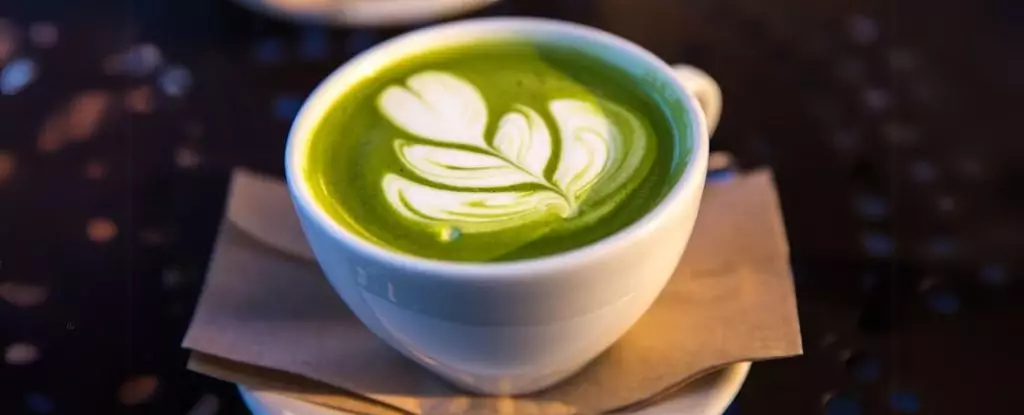Matcha, once a hidden gem of traditional Japanese tea culture, has rapidly ascended to global recognition, celebrated not just for its delicious taste but also for its myriad health benefits. Unlike the more common varieties of tea like green, black, or white, matcha’s preparation is as unique as its flavor. Cultivated under shade for a few weeks before harvesting, matcha boasts heightened levels of chlorophyll and amino acids, resulting in its distinctive deep green color and savory richness. These properties are not merely aesthetic; they play a crucial role in unlocking matcha’s potential health benefits, positioning it as a powerhouse among superfoods.
The term matcha literally means “powdered tea,” a nod to the meticulous process that transforms fresh tea leaves into a finely ground powder. The journey of matcha started centuries ago in China before finding its way to Japan, where it was embraced by Zen Buddhist monks who utilized it as a meditative aid. This historical context not only enriches the appreciation for matcha but also underlines the cultural significance it holds, especially during traditional tea ceremonies. As such, enjoying matcha is as much about savoring its taste as it is about honoring centuries of history and ritual.
Unpacking the Health Benefits
So why is matcha regarded as a health miracle? The list of purported benefits is extensive, including but not limited to, enhanced metabolic rates, reduced inflammation, and improved cardiovascular health. The secret lies in its high concentration of polyphenols—natural antioxidants that combat oxidative stress within the body. While studies have shown promising results regarding matcha’s potential in disease prevention and health promotion, a critical examination reveals that many of these claims are based on animal studies or in vitro tests, leaving a gap in human clinical data.
What makes matcha particularly appealing compared to regular green tea is that with matcha, you consume the whole leaf in powdered form, potentially amplifying its health benefits. For those looking for a natural energy boost accompanied by enhanced focus, matcha presents a compelling option. However, the caffeine content—it contains more than regular green tea but less than coffee—warrants thoughtful consumption. Caffeine can elevate mood and metabolic function in moderation, yet it also poses risks like anxiety and insomnia for individuals sensitive to stimulants.
Matcha vs. Coffee: A Tasty Showdown
When considering one’s daily caffeine fix, the debate between matcha and coffee often arises. Both beverages offer impressive antioxidant properties, but their profiles differ significantly. Coffee has been the subject of extensive research, offering clearer guidelines on consumption—typically three to four cups daily is considered safe for most individuals. Matcha, however, prompts more conservative recommendations, with many sources advocating for a limit of one to three cups per day.
The differential response of these beverages extends beyond just caffeine content. Coffee drinkers often relish the quick energy spike, while matcha enthusiasts appreciate the sustained energy release, thanks in part to L-theanine, an amino acid known to promote calmness without compromising alertness. This unique combination might make matcha a far more suitable option for those prone to jitteriness or anxious feelings when consuming caffeine.
Iron Absorption: A Hidden Danger
Despite the advantages, both matcha and coffee contain compounds that can inhibit iron absorption, particularly from plant-based sources. This factor is especially critical for individuals adhering to vegan or vegetarian diets, where iron levels could already be a concern. People should be cautious about their timing of beverage consumption relative to meals to minimize the risk of iron deficiency. The safest practice involves enjoying these beverages two hours before or after eating.
Digestive comfort is another crucial aspect to consider. Both matcha and coffee can be mildly acidic, which may lead to discomfort for those with sensitive stomachs. While the gentle allure of matcha offers a smoother experience, personalized choices should ideally be based on how one’s body reacts to these beverages.
In navigating the world of matcha versus coffee, the decision ultimately rests on individual lifestyle and health goals. Whether you’re drawn to the rich history of matcha or the robust vigor of coffee, each option has its merits. For those seeking a balance between energy and calm, matcha may just be the perfect brew to incorporate into your daily routine.


Leave a Reply